Search Results
Showing results 81 to 100 of 332
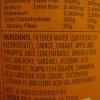
Which Foods Contain Sugar?
Source Institutions
In this health activity (page 6 of the PDF), learners examine ingredient labels of packaged food products to find out what sugar ingredients they contain.
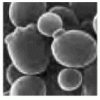
Fuel for Living Things
Source Institutions
In this activity, learners observe what happens when yeast cells are provided with a source of food (sugar). Red cabbage "juice" will serve as an indicator for the presence of carbon dioxide.

Layered Liquids: Chemistry You Can Drink
Source Institutions
In this chemistry activity (on page 2 of the PDF), learners make a layered drink with liquids of different densities.

Soapy Boat
Source Institutions
Learners discover that soap can be used to power a boat. Learners make a simple, flat boat model, put it in water, and then add a drop of detergent at the back of the boat.
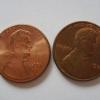
Polishing Pennies
Source Institutions
In this experiment, learners try different liquids to see which ones clean pennies best. Liquids to try include water, lemon juice, cola, vinegar, and dishwashing detergent.
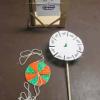
Spinning Illusions
Source Institutions
In this activity, learners construct three optical illusion toys to examine how our brains play tricks on what we see.

Nature of Density
Source Institutions
In this activity learners will explore the concepts of density and matter in their quest to answer one simple question-will it sink or will it float?

Rollin’ Rollin' Rollin'
Source Institutions
In this physics activity (page 12 of the PDF), learners explore potential and kinetic energy by rolling different sized marbles down an inclined plane.
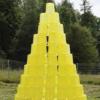
Tall Tower Challenge
Source Institutions
In this activity, learners will use their chosen material to build the tallest tower possible in under three minutes. This activity uses problem solving and fine motor skills to challenge learners.

What Color is Your Air Today?
Learners develop awareness and understanding of the daily air quality using the Air Quality Index (AQI) listed in the newspaper or online.
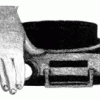
Slide Projector Activities
Source Institutions
This resource contains several mini-explorations using a slide projector as a light source to investigate light and the properties of images.

Using a Simple Astrolabe
Source Institutions
In this activity, learners use an astrolabe to measure the altitude of objects. Learners will first practice taking measurements by measuring the altitude of trees and buildings.
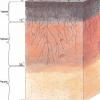
Edible Soil
Source Institutions
In this yummy activity about soil (page 9 of PDF), learners will create layers of soil using food. They will learn about the composition and role of each layer.

Racing M&M Colors
Source Institutions
Learners design their own experiment to determine which M&M color dissolves the fastest in water.
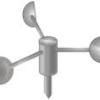
Paper Cup Anemometer
Source Institutions
In this meteorological activity, learners get to build their very own anemometer (instrument for measuring wind speed) using a paper cup.

Respiration Relay
Source Institutions
In this physical activity, groups of learners act as blood cells traveling through the circulatory system.
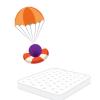
Solve The Fall
Source Institutions
In this twist on a classic design challenge, learners will try to stop a bouncy ball from bouncing as they explore how to control the fall of an object.
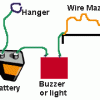
Motor Learning
Source Institutions
In this activity (26th on the page), learners construct an easy-to-build device and test motor learning.
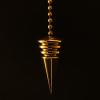
Swing in Time
Learners build and investigate pendulums of different lengths. They discover that the longer the string of the pendulum, the longer the time it takes to swing.
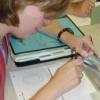
Mirror Image
Source Institutions
In this activity, learners investigate procedural memory.
